AIA issues U.S.-specific reforms to modernize regulatory, bureaucratic systems to support U.S.-U.K.-Australian cooperation
(Arlington, Va.) Ahead of the next major milestone in the United States-United-Kingdom-Australia security pact known as AUKUS, the U.S. Aerospace Industries Association (AIA); ADS, the U.K. trade association for aerospace, defence, security and space organisations; and the Australian Industry Group (Ai Group) today released a joint paper outlining steps to reduce the trade, regulatory, and bureaucratic barriers that could hinder the historic partnership.
To successfully operationalize the AUKUS security pact, the three organizations urge the U.S., the U.K., and Australia governments to work with industry to: 1) enhance trade and technology transfers; 2) eliminate bureaucratic and regulatory barriers impeding the timely delivery of capabilities; 3) build shared, robust, and resilient trade and contracting systems; and 4) share workforce talent and expertise and strengthen international collaboration.
“As the producers and exporters of next-generation capabilities, the aerospace and defense industry will play an integral role as the United States, the United Kingdom, and Australia take our historic partnership from concept to reality,” said Eric Fanning, President and CEO of AIA. “Ukraine demonstrated that our current regulatory and bureaucratic systems are not designed to maximize speed, innovation, or technological integration — all of which are required to deter and prepare for future conflict. Through close coordination with our counterparts in the United Kingdom and Australia, we have identified pathways to reduce barriers to cooperation, deliver high-end capabilities faster, and make AUKUS a success.”
“Rising geopolitical tensions require us to adapt rapidly to an ever-evolving threat environment while supporting a more resilient, sustainable, and high-tech society alongside our natural allies,” said Kevin Craven, ADS Chief Executive. “In this, the landmark partnership of AUKUS means international industry, Government, and the ADS-AIA-Ai Group trade associations must join forces to further collaborate in implementing the agreement, and ensuring operational success, whilst enhancing our three industrial bases. The U.K. is the second largest defence exporter in the world, providing our allies with outstanding defence capabilities. Stronger international partnerships will ensure the protection of the freedoms we value, and our continued security and stability.”
Mr. Innes Willox, Chief Executive, Ai Group, said, “This groundbreaking partnership with the AIA and ADS trade associations represents a significant milestone in growing the international defence industry voice, cementing our industry relationships with the U.S. and the U.K. and creating the practical steps to implement AUKUS from an industry perspective. The AUKUS security agreement will provide a new level of national security for Australia. However, there are important issues that must be addressed to underpin success, including reducing trade barriers, creating a cohesive industrial base and building the workforce. It is time to bring industry to the table to deliver the AUKUS capabilities that will be so fundamental to our national, regional and international security,” Mr. Willox said.
Please click here to see the AIA-ADS-Ai Group document, “Industry’s Trilateral Take on Defining Success” for AUKUS.
In addition, AIA released its recommendations for the U.S. to streamline the regulatory framework and policies for the advanced capabilities pillar of AUKUS that support international trade, collaboration, integration, and interoperability between the three nations.
These recommendations include:
- Revising U.S. Code to give the U.K. and Australia licensing exemptions from International Trafficking and Arms Regulations (ITAR), similar to the current exemption for Canada.
- Amending the Defense Production Act (DPA), allowing projects in the United Kingdom, Australia, and New Zealand to be considered domestic projects, which recognizes the integrated nature of the defense industrial bases. The DPA currently only treats the U.S. and Canada as domestic sources.
- Establishing an “AUKUS Industry Forum,” where the shared industry partners could provide insight into AUKUS capability planning, development, and delivery with an additional focus on regulatory processes inhibiting cooperation.
Click here to read AIA’s full set of recommendations.
###

